Filter by
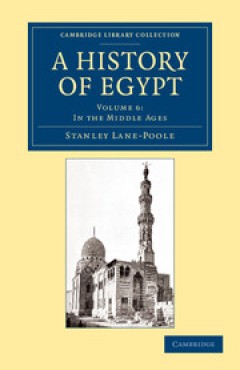
A History of Egypt
Published in six volumes between 1894 and 1905, this collection served as a valuable reference work for students and scholars of Egyptology at a time when ongoing archaeological excavations were adding significantly to the understanding of one of the world's oldest civilisations. At the forefront of this research was Sir William Matthew Flinders Petrie (1853–1942), whose pioneering methods ma…
- Edition
- -
- ISBN/ISSN
- 9781107325197
- Collation
- -
- Series Title
- Cambridge Library Collection - Archaeology
- Call Number
- -
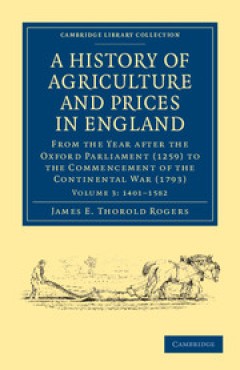
A History of Agriculture and Prices in England
Since early times, agriculture has been pivotal to England's economy. This is the fifth in a magisterial seven-volume, eight-piece compilation by the economist James E. Thorold Rogers (1823–90), which represents the most complete record of produce costs in England between the thirteenth and eighteenth centuries. Drawing on a variety of sources including college archives and the Public Record …
- Edition
- -
- ISBN/ISSN
- 9781139094818
- Collation
- -
- Series Title
- Cambridge Library Collection - British and Irish History, General
- Call Number
- -
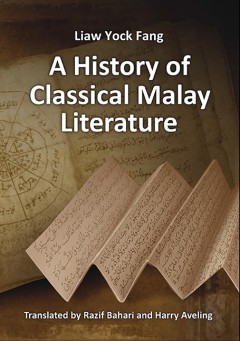
A History of Classical Malay Literature
This is a detailed, narrative-based history of Classical Malay Literature.It covers a wide range of Malay texts, including folk literature; the influence of the Indian epics and shadow theatre literature; Panji tales; the transition from Hindu to Muslim literary models; Muslim literature; framed tales; theological literature; historical literature; legal codes; and the dominant forms of poetry,…
- Edition
- -
- ISBN/ISSN
- 9789814459891
- Collation
- -
- Series Title
- Local History and Memoirs
- Call Number
- -
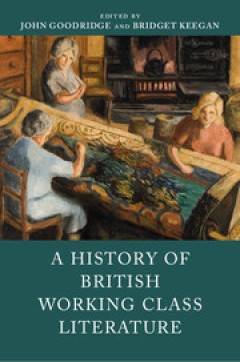
A History of British Working Class Literature
A History of British Working-Class Literature examines the rich contributions of working-class writers in Great Britain from 1700 to the present. Since the early eighteenth century the phenomenon of working-class writing has been recognised, but almost invariably co-opted in some ultimately distorting manner, whether as examples of 'natural genius'; a Victorian self-improvement ethic; or as an …
- Edition
- -
- ISBN/ISSN
- 9781108105392
- Collation
- -
- Series Title
- -
- Call Number
- -
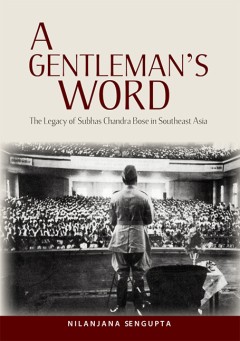
A Gentleman's Word The Legacy of Subhas Chandra Bose in Southeast Asia
The great Indian nationalist leader Subhas Chandra Bose arrived in Singapore in 1943 to revitalize the Indian National Army (INA). Taking the opportunity of the Japanese occupation of parts of Southeast Asia, he launched armed struggle against British colonial rule in India. Two years later, that attempt failed at the eastern gates of India. Yet, it was a temporary failure because the INA helpe…
- Edition
- -
- ISBN/ISSN
- 9789814379793
- Collation
- -
- Series Title
- Books and Monographs
- Call Number
- -
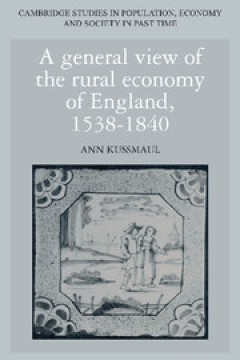
A General View of the Rural Economy of England, 1538–1840
In rural England prior to the Industrial Revolution people generally married when they were not busy with work. Parish registers of marriage therefore form an important and innovative source for the study of economic change in this period. Dr Kussmaul employs marriage dates to identify three main patterns of work and risk (arable, pastoral and rural industrial) and more importantly to show the …
- Edition
- -
- ISBN/ISSN
- 9780511560675
- Collation
- -
- Series Title
- Cambridge Studies in Population, Economy and Society in Past Time
- Call Number
- -
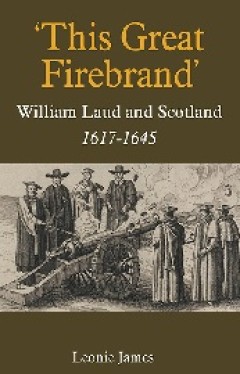
This Great Firebrand': William Laud and Scotland, 1617-1645
William Laud, Archbishop of Canterbury (1633-45), remains one of the most controversial figures in British ecclesiastical and political history. His rise to prominence under Charles I, his contribution to the shaping and implementation of contentious religious policies and his subsequent and catastrophic downfall are fundamental to our understanding of the religious and political developments w…
- Edition
- -
- ISBN/ISSN
- 9781787440326
- Collation
- -
- Series Title
- -
- Call Number
- -
 Computer Science, Information & General Works
Computer Science, Information & General Works  Philosophy & Psychology
Philosophy & Psychology  Religion
Religion  Social Sciences
Social Sciences  Language
Language  Pure Science
Pure Science  Applied Sciences
Applied Sciences  Art & Recreation
Art & Recreation  Literature
Literature  History & Geography
History & Geography